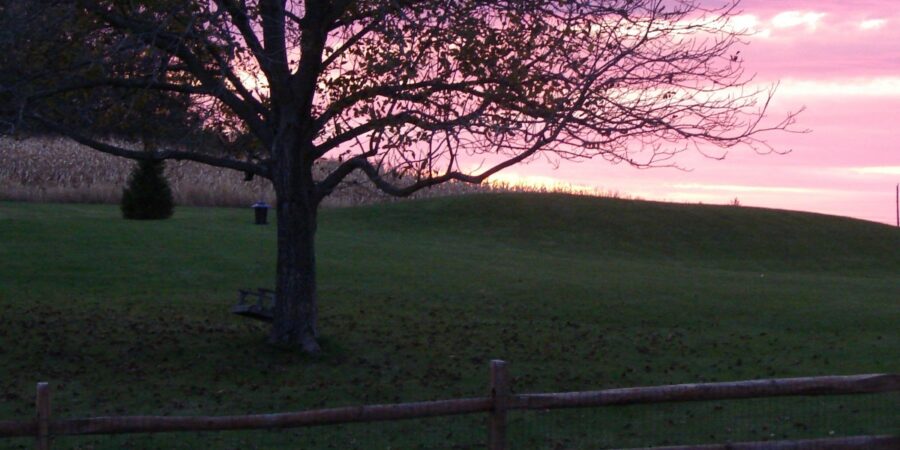Merry Christmas! I hope this note finds you looking forward with anticipation to this most incredible time of year: An occasion to pause, when everything becomes just a bit softer. A matchless season of giving. Time with family, with friends. The humble arrival of God’s Son, Jesus, remembered.
Do the days move by a little too quickly for you as they do for me? In a breath we’re all but singing a final “Joy to the world, the Lord is come,” packing suitcases, traveling home, storing away the ornaments and tree. Yet the Christ child’s story continues; and we can walk along with Him — the infant in a manger now a grown man — the journey for which He came to earth. To the story of Good Friday, the story of Easter.
Travel back with me along the road. The setting is ancient Caesarea Philippi (Matthew 16). The surroundings are impressive. Lush gardens. Flowing springs. Monuments and temples built to the gods. To the half-man, half-goat Pan. To the self-proclaimed god Caesar. It’s into this place Jesus brings His disciples in preparation for returning to Jerusalem one last time. Here, Jesus personalizes the question to His followers, “Who do you say that I am?”
I don’t know how much time passes between verses 15 and 16, but Peter speaks, “You are the Christ, the Son of the living God.” He’s not known for always getting it right, but Peter nailed it this time!
Imagine now for a moment that Jesus turns His gaze from Peter and the disciples … to you. He has a question for you, too: “Who am I to you?”
There can be no greater question you will ever answer.
There is no one else qualified to grant forgiveness. No one who will stay closer to you when everyone or everything is stripped from you. No one else you can trust with your deepest need. Only Jesus. And that’s just in this life. When you’ve taken your last breath and you step into eternity, Jesus alone is qualified to escort you from the grave to glory. He alone is God.
I am the way and the truth and the life. No one comes to the Father except through me. John 14:6
Source: “Jesus Has a Question for You,” Chuck Swindoll, 2007

